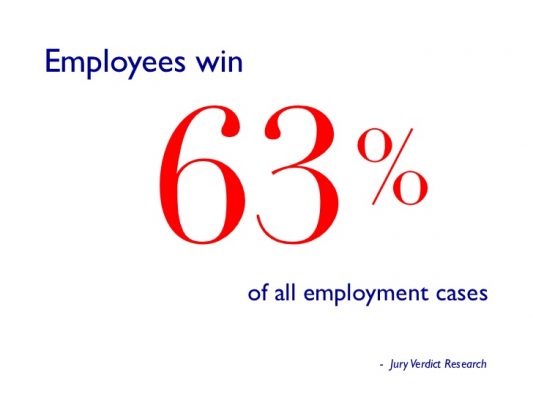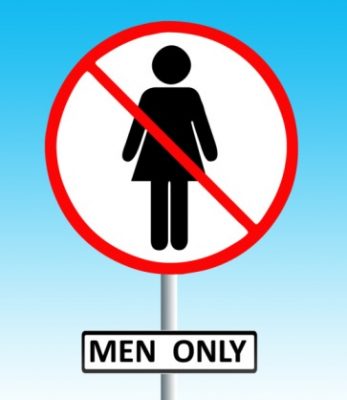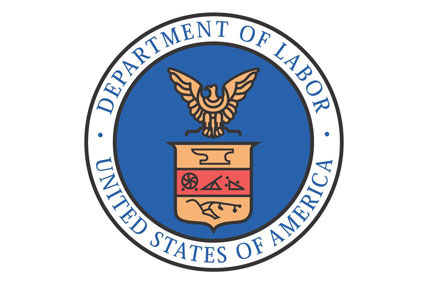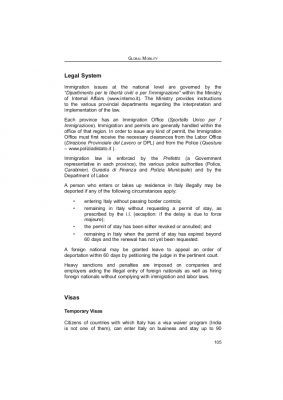The situations of discrimination and harassment can occur in several ways. There are federal laws powerful that prohibit discrimination and harassment of individuals on the basis of race, color, national origin, sex, religion, disability, pregnancy and age, among others, in a variety of situations.
State and local laws may offer a similar level of protection and also provide protection in other situations. Various laws are discussed and, in particular, prohibit discrimination and harassment in the workplace. If you are an employee and feel your employer or your co-workers to discriminate against or harasses you, what can you do?
Let your Employer know
Let your employer know that you feel that you are discriminated against or harasses you. It is likely that many illegal acts of discrimination or harassment are not recognized or are not punished because the victim does not communicate clearly that the behavior is unacceptable or undesirable. Rarely, employers will admit immediately a case of discrimination or harassment, and help you to file the legal documentation. The employer is responsible for complying with the law, but you are solely responsible to ensure that they protect their personal rights.
[alert-note]If your direct supervisor is the person that you feel discriminates against you or harasses you, and if you do not feel comfortable to confront your supervisor directly, report this situation to the superior of your supervisor or a Human Resources representative. Many employers have designated a specific person to Human Resources or to the area of administration as responsible for accepting complaints of discrimination or harassment. If this is your case, present the complaint directly to that person.[/alert-note]
Let your employer know that for you this situation is something serious. Ask that they write a written report each time you report an incident of discrimination or harassment. You request that we perform an investigation of your allegations and to take disciplinary measures or any necessary corrective against those who commit the crime. By law, employers must treat in a timely manner all reports of discrimination or harassment.
[alert-note]If you file a false report to your employer that you have been discriminated against or harassed by another employee or supervisor, may be subject to repercussions, not to mention an uneasy relationship with the person who accused.[/alert-note]
If you do not receive a response from your employer, consider contacting the Commission for Equality of Opportunities in Employment (Equal Employment Opportunity Commission, EEOC), whose task is to control the compliance of various laws, anti-discrimination and anti-harassment, or contact the state agency for equality of opportunities in employment. If it involves the government in your case, and if the state contacts your employer, the more likely it is that you call the attention of someone quickly.
Keep a Log
Keep a log of incidents of discrimination or harassment. Record the date, the approximate timetable, the location, parties involved, witnesses, and the details of the behavior or dialogue that may be inappropriate.
Example: A log entry could contain information such as the following: “may 10, 1999, was in front of the copier on the fourth floor when Kelly Douglass (supervisor) said ‘I will Not have to put up with a grumpy old man like you for a long time, because you despediré as soon as you turn sixty years old.’ Jack Straup and Kurt McCann (coworkers) were there and heard her say it.”
Keep the objects or the images posted, received or found at the place of work that you believe is discriminatory or harassing.
Example: You are a person african american and, when you arrive at your desk one morning, found an image of a cross on fire taped to his chair. Keep the image. Although they will probably be objectionable or irritating, try to control their anxiety to break up the image or throwing it in the trash. Count on the actual item offensive to help prove your case is easier than trying to describe what it was like and expect that they create their version.
[alert-note]If you are publishing an article on a bulletin board, wall, refrigerator or another visible area and is common in your workplace, and you feel that it is a situation of harassment, they can confiscate or make a copy. When you publish an article in a “public place”, perpetuating it allows other people to see and, in consequence, you have the right to withdraw it or make a copy.[/alert-note]
Example: at work One day you notice that someone stuck a pornographic image on a bathroom door. Don’t know who did it, but yes it seems to him a fact offensive. You can remove the image and keep it, or take the image, make a copy of it and replace the original (although that may seem very unpleasant).
Review the Policy on anti-Discrimination of the Company
The fact that an employer has declared in writing and accepted that it will not act in a discriminatory manner can be beneficial for your position. If you have a copy of the policy in a handbook or other booklet, keep a copy.
Review State and Federal Laws
Review state and federal laws to obtain information about their rights. You will find these laws in law libraries, some general libraries and on the Internet. Some laws, anti-discrimination and anti-harassment federal include:
- Títule VII of the Civil Rights Act of 1964: title 42, united States Code, § 2000e and following. This federal law prohibits discrimination in terms and conditions of employment in terms of age, color, national origin, sex and religion.
- Law against Employment Discrimination by Age (Age Discrimination in Employment Act, ADEA): title 29 of the united States Code, § 621 and following. This federal law prohibits discrimination on the basis of age for workers over the age of 40 years.
- Americans with Disabilities act (Americans with Disabilities Act, ADA): title 42, united States Code, § 12101 and following. This federal law prohibits discrimination against certain persons with disabilities and requires employers to make “reasonable adjustments” to enable access to buildings and features in the workplace.
- Law of Family and Medical leave (Family and Medical Leave Act, FMLA), title 29 of the united States Code, § 2601 and following. This federal law requires employers to grant time off to employees, and not discriminate, to take care of your medical needs, family or personal.
[alert-note]Not all employers must comply with these federal laws. Title VII and the ADA only apply to employers with fifteen or more employees. The ADEA applies to employers with twenty or more employees and the FMLA applies only to employers with fifty or more employees.[/alert-note]
The state laws of discrimination vary widely between jurisdictions and may have different names in each jurisdiction. If you have access to statutes or legal codes of your state, review the contents or the index and search for headers or descriptors envelopes laws fair employment, discrimination, equal opportunities and other related topics.
Hire a Lawyer
A lawyer can help you understand the laws complex that can be applied, to guide you through the twists and turns of the legal process, and (perhaps most importantly) to be an advocate for calm and effective of your rights. Acts of discrimination or harassment are unpleasant situations that outrage the emotions of the person suffering discrimination or harassment, and, in some cases, it is difficult to separate the emotions and face the reality and limits of the legal system. A lawyer specializing in right of employees, at the same time that strives to help you and cares about your luck, you can also analyze the entire situation more clearly and help you focus on protecting your rights and repair your emotional damage.










